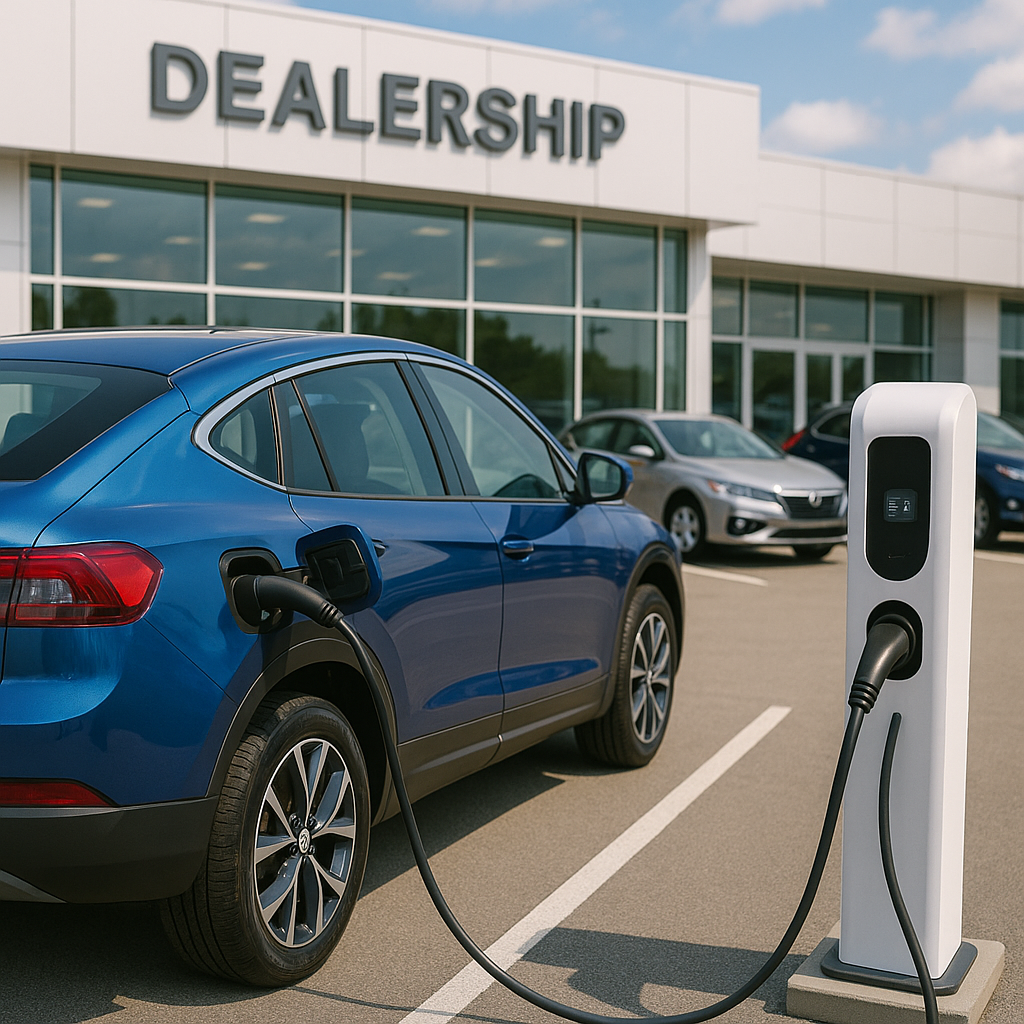Is Proprietary EV Charging Software Throttling EV Adoption?

EV adoption at scale is highly reliant on government-funded and -supported infrastructure. Consider the endless miles of gas stations that fuel America’s cities and highways today. Each gas station’s infrastructure is standard and can be operated by any gas company. If British Petroleum moves out, ExxonMobil can take over, never leaving drivers without access to gas. This is because the U.S. government recognizes gas stations as critical infrastructure.
That’s not the case for EV chargers. EV charging hardware and software components are largely proprietary and can only be deployed, operated, and upgraded by the company that created them. That means that if a charging company goes out of business — or simply chooses not to update their infrastructure — the chargers will become inoperable, potentially leaving drivers stranded.
Understanding Proprietary EV Charging Software
Proprietary EV charging software refers to any software that is created, distributed, privately owned, and controlled by a single manufacturer. Most EV charger manufacturers today own the intellectual property (IP) tied to their chargers, including the backend software that runs the charger and the software that runs in the cloud.
Proprietary software has a number of benefits, particularly for the companies that own and control it. The most compelling is that it gives the manufacturer complete control over the development process so they can make decisions that differentiate their products. For example, Tesla has one of the industry’s best user experiences and lowest production costs, made possible by limited constraints and regulations. This competitive advantage helps Tesla stand out from the pack, earning it nearly 60% of the EV market in the U.S. and more than 60% of the country’s public chargers.
The primary issue here is that relying on one company, or a small handful of companies, to operate and maintain an entire country’s public chargers is incredibly risky. If a company shuts down or the government suddenly refuses to provide them with a lease, it would be virtually impossible for a new operator to step in and take over those chargers without the ability to manage and upgrade the underlying software. This is one of the main reasons why the development and enforcement of standard protocols around EV chargers and software is so critical to accelerating adoption.
The Shift To Open Source EV Charging Software
Much like gas stations, it’s crucial that public EV charging stations are viewed and treated as essential infrastructure. This is why governments around the world are beginning to create and incentivize adherence to standards around EV charging software.
In the U.S., for example, charge point operators who want federal funding in 2024 must upgrade their software to comply with OCPP 2.0.1, as laid out in the National Electric Vehicle Infrastructure (NEVI) Formula Program. But despite the strength of such an incentive and the industry’s resulting desire to meet this requirement, many operators still lack the resources and expertise needed to adapt their systems accordingly.
Fortunately, the industry has been gradually shifting to embrace open source solutions, which greatly lowers the barrier to adopting evolving standards. For example, open source projects like CitrineOS deliver OCPP 2.0.1-compliant EV charging software and can be used as a standalone solution or a platform to create and deliver customized experiences.
While proprietary EV software may be holding the EV industry back, enforcing standard protocols without accessible development solutions may create an entirely different set of hurdles. The EV industry and governments must work together to embrace both the need for standardization and the utilization of collaborative open source software to reduce the barriers to compliance and, ultimately, adoption.







